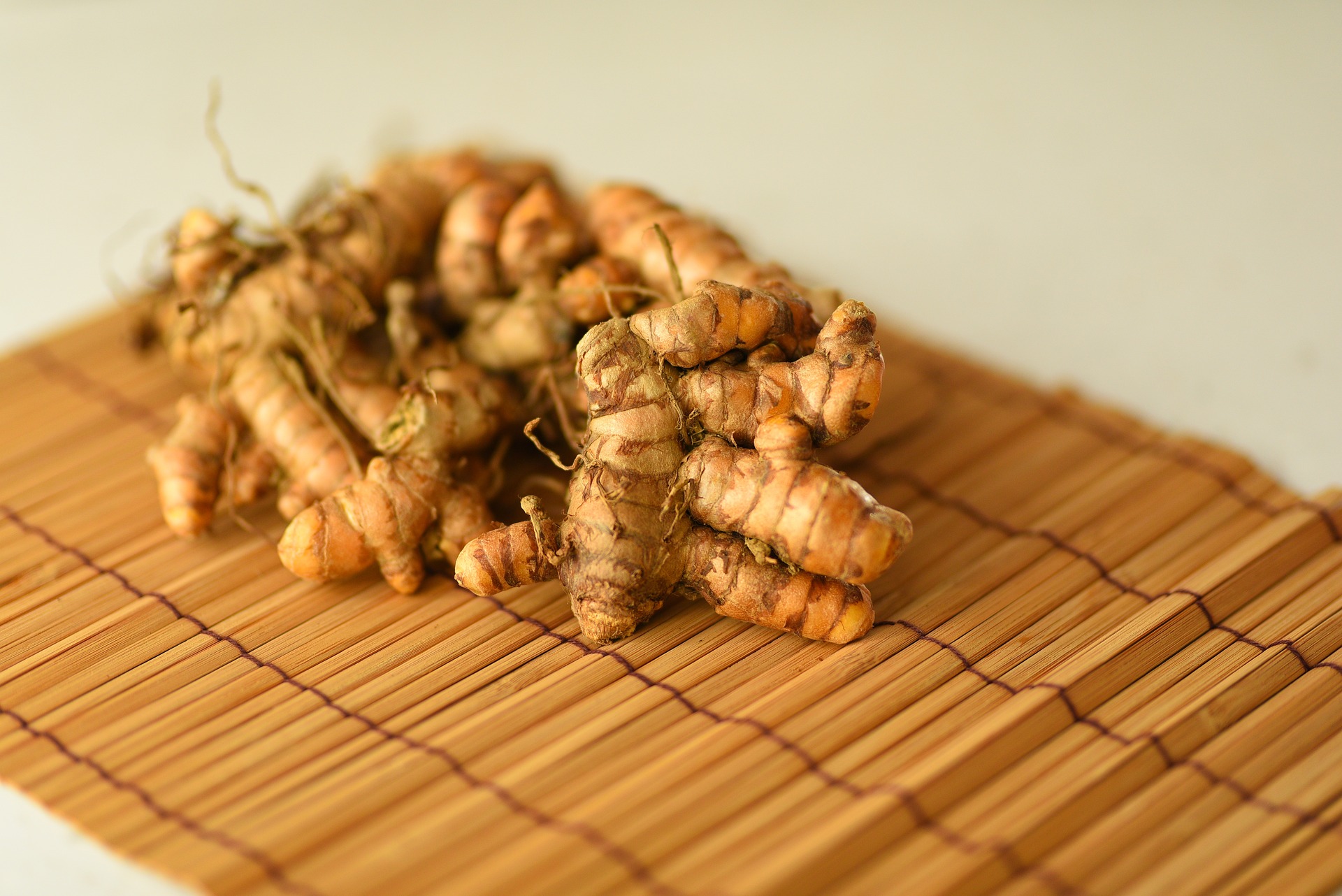
A recent study published in JAMA Network Open has found that approximately 5% of U.S. adults, or an estimated 15.6 million people, have taken herbal supplements that could potentially damage their liver. Researchers at the University of Michigan analyzed data from over 9,500 participants in the National Health and Nutrition Examination Survey (NHANES) conducted between 2017 and 2020 to arrive at this conclusion.
The study highlights a growing trend in the use of herbal and dietary supplements. About 58% of the surveyed participants reported using an herbal or dietary supplement at least once within the past 30 days. Among these, nearly 4.7% admitted to using at least one of six botanicals identified as potentially hepatotoxic, including ashwagandha, green tea extract, and turmeric or curcumin.
What to consider before using herbal supplements
Monique Richard, MS, RDN, LDN, expressed her concerns regarding these findings. “The results of this study are concerning and confirm what I often observe in practice, on social media, and in the healthcare community,” she said. Richard emphasized that while the FDA does provide oversight related to potential dangers, this is not equivalent to FDA approval for quality, efficacy, safety, and benefit.
The unregulated status of dietary supplements poses significant risks to public health. In 2014 alone, supplement-related issues led to an estimated 23,000 emergency department visits and over 2,000 hospitalizations. Dr. Rosario Ligresti, MD, FASGE, pointed out that these products are completely unregulated before going to market. “They can pose significant health risks, particularly for the liver because they are thought to interfere with the liver’s ability to process and detoxify harmful substances,” he said.
Dr. Alisa Likhitsup, MD, MPH, explained the nature of potentially hepatotoxic botanical products. “Potentially hepatotoxic botanical products are those containing plant-based ingredients which have been implicated as potential causes of liver damage,” she noted. Likhitsup hopes that the study will increase awareness among both patients and providers about the liver-toxic ingredients being consumed regularly.
Herbal supplements have gained popularity partly due to social media platforms like TikTok. Despite their natural origins, these supplements are not inherently safe and do not require review or approval by the U.S. FDA before they are sold. This lack of regulation often results in mislabeling; more than 50% of these products contain multiple ingredients that may be incorrectly listed.
Given the rising trend in Dietary Supplement-Induced Liver Injury (DILI) cases—from 7% in 2005 to 20% in 2014—experts agree on the need for increased caution and better regulation. “Every physician should be talking with their patients about the risks of these types of products and asking if they are taking any of them,” urged Dr. Ligresti.
Herbal medicine has a long history spanning thousands of years, but modern usage underlines a critical need for awareness and regulatory oversight to safeguard public health.
Parts of this article has been sourced by Healthline and fact-checked by Kelsey Costa, MS, RDN





Leave a Reply